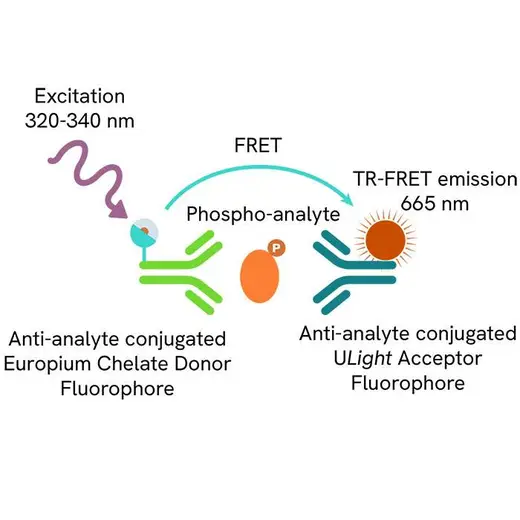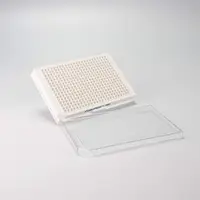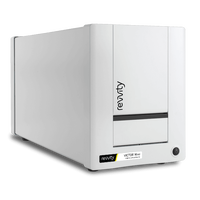
LANCE Ultra Phospho-BTK (Tyr223) Detection Kit, 500 Assay Points




LANCE Ultra phospho-BTK (Tyr223) kits are designed for the detection of phosphorylated BTK in cell lysates using a simple, homogeneous LANCE Ultra assay (no wash steps). This assay is compatible with both adherent and suspension cells.
For research use only. Not for use in diagnostic procedures. All products to be used in accordance with applicable laws and regulations including without limitation, consumption & disposal requirements under European REACH regulations (EC 1907/2006).
Product information
Overview
Please note control lysates are sold separately, catalog number TRF4021S.
Formats:
- Our 500 assay point kit allows you to run 500 wells in 384-well format, using a 20 µL reaction volume.
- Our 10,000 assay point kit allows you to run 10,000 wells in 384-well format, using a 20 µL reaction volume.
LANCE® and LANCE® (Lanthanide chelate excite) Ultra are homogeneous (no wash) TR-FRET (time-resolved fluorescence resonance energy transfer) technologies. One antibody of interest is labeled with a donor fluorophore (a LANCE Europium chelate) and the second antibody is labeled with an acceptor fluorophore [ULight™ dye]. Upon excitation at 320 or 340 nm, energy can be transferred from the donor Europium chelate to the acceptor fluorophore if sufficiently close for FRET (~10 nm). This results in the emission of light at 665 nm. Data are represented as ratiometric (665/615 nm X 10,000).
BTK is a cytoplasmic tyrosine kinase present in B-cells. It is associated with the B-cell receptor and receptors of the toll family. Upon activation, BTK will activate the Nf-kB pathway. This will induce maturation of B-cells into antibody producing cells and also increase the secretion of activating cytokines (such as IL-2). The protein is absent or non-functional in diseases such as aglobularia, but is also involved by hyperactivation in inflammation and auto-immune diseases. Also, several leukemia-like cancers have dysregulation of BTK.
Specifications
| Application |
Kinase
Protein Analysis & Detection
|
|---|---|
| Assay Points |
500
|
| Assay Target Class |
Phospho-protein
|
| Automation Compatible |
Yes
|
| Brand |
LANCE Ultra
|
| Detection Method |
Time-Resolved Fluorescence (TRF)
TR-FRET
|
| Shipping Conditions |
Shipped in Blue Ice
|
| Therapeutic Area |
Autoimmunity
Immuno-oncology
Neuroscience
Oncology
|
| Unit Size |
500 Assay Points
|

SDS, COAs, Manuals and more
Are you looking for technical documents for this product. We have housed them in a dedicated section., click on the links below to explore.


How can we help you?
We are here to answer your questions.

































